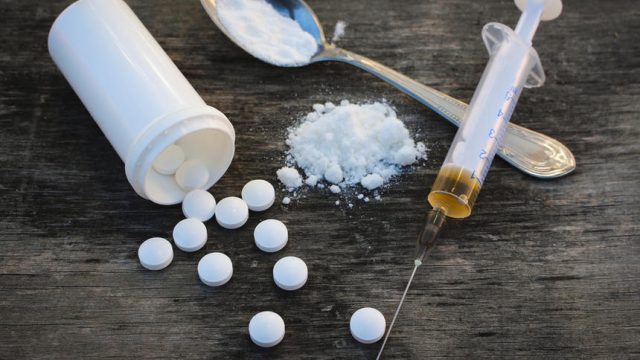Audio: Defense Attorney Says North Dakota’s Overdose Immunity Law Shouldn’t Require Cooperation With the Cops

During their 2015 legislative session North Dakota’s lawmakers passed a bill giving some legal immunity to those seeking medical treatment for a drug overdose, along with those helping them. The problem, as I noted earlier this week, is that there are too many loopholes which allow those people to be arrested anyway.
As deaths from drug overdoses soar in North Dakota, the law which was intended to save lives isn’t working as intended.
Yesterday on my radio program I had on defense attorney Brian Toay who recently represented a man who got a federal jail sentence after helping an overdose victim get medical help.
[mks_pullquote align=”right” width=”300″ size=”24″ bg_color=”#ffffff” txt_color=”#000000″]Toay also said he would couple these changes with a “strong public service campaign” to win back trust from the public so that, if they find themselves in a life threatening situation, they won’t be afraid to get help.[/mks_pullquote]
I asked Toay what he would change about North Dakota’s existing law, and he mentioned three things.
First, he said he would completely remove the requirement that those helping with an overdose victim cooperate with law enforcement in order to get immunity.
Second, he said the current law doesn’t apply to teenagers. He would change that.
Third, he said the current law aims to deny immunity to those who “deliver” drugs, but that definition includes those sharing drugs with friends. Since drug users tend to pursue their habits socially, with each one sharing what they have with their friends, it makes it possible for someone who isn’t a dealer to be denied immunity.
Toay also said he would couple these changes with a “strong public service campaign” to win back trust from the public so that, if they find themselves in a life threatening situation, they won’t be afraid to get help.
That all makes sense to me.
Using black market narcotics is dangerous. Those choosing to use those drugs are the ones responsible for the consequences for their choices. But as a matter of public policy, I think we have much more to gain from encouraging people to get medical care for themselves and their friends than we do from putting more people in prison.
Here’s the full audio of our interview:
[fcc_jw_podcast key=”FEajEFkW” player-image=”135931″]




